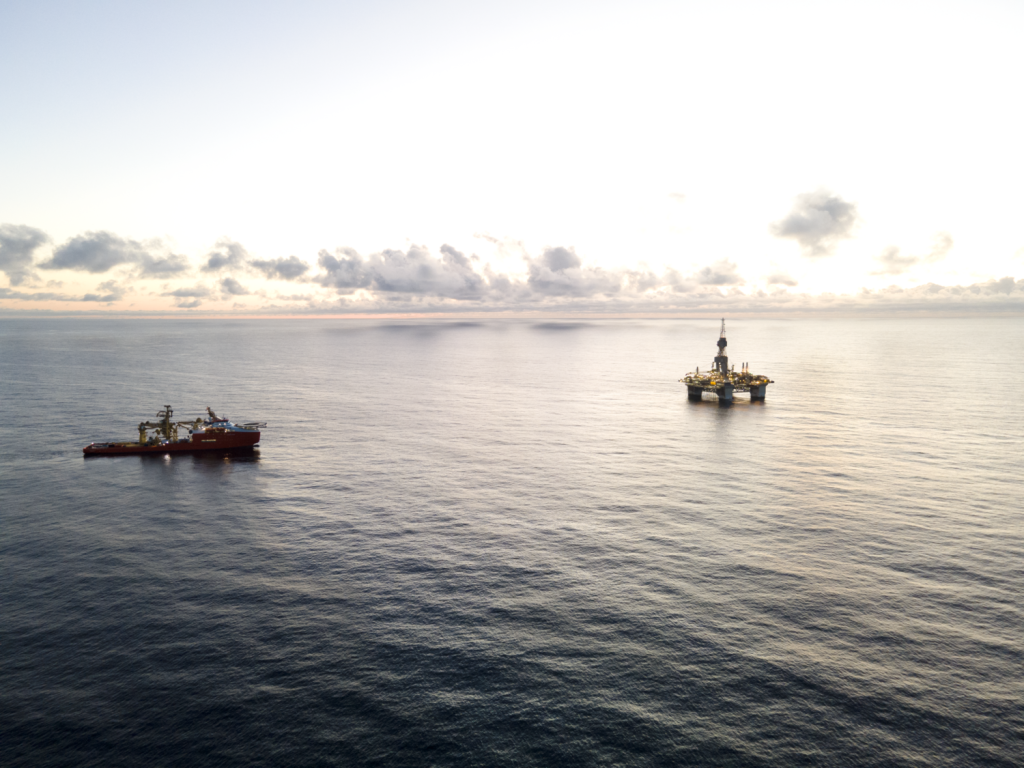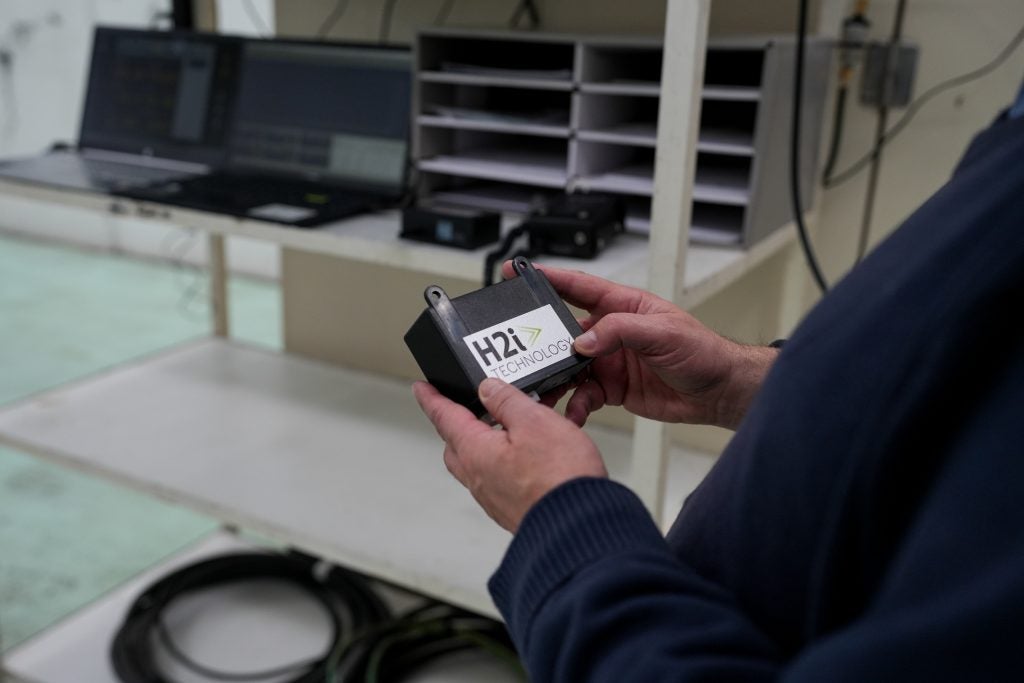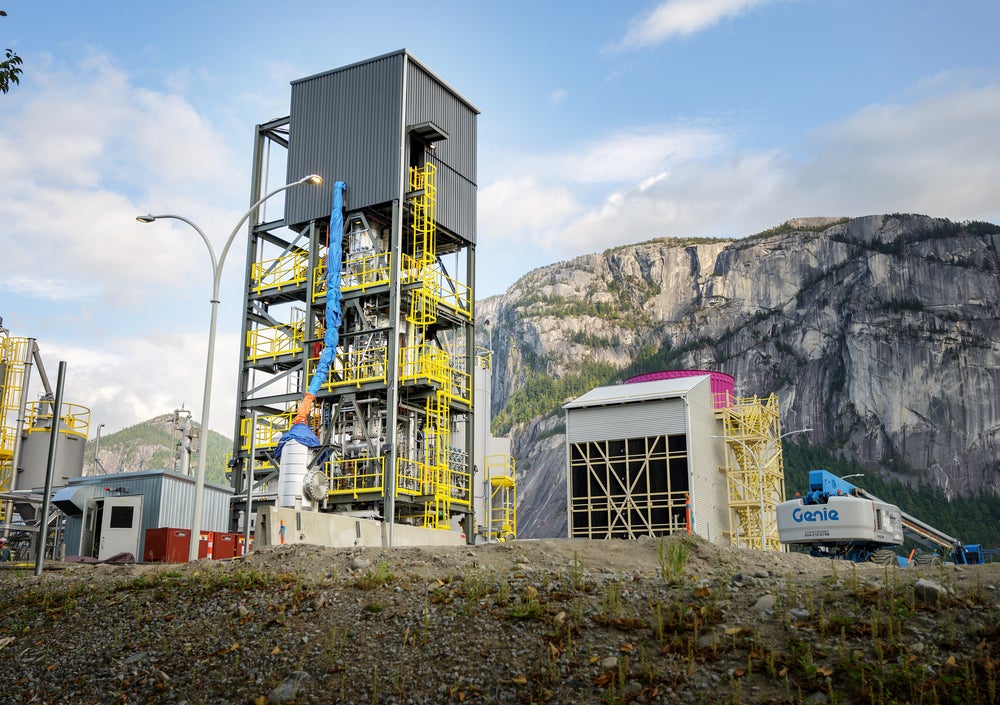US-based natural gas production company EQT has closed the acquisition of upstream assets of THQ Appalachia I (Tug Hill) and the gathering and processing assets of THQ-XcL (XcL Midstream).
XcL Midstream and Tug Hill are backed by equity commitments from funds managed by private equity firm Quantum Energy Partners.
The final consideration of the transaction, which was announced in September 2022, is approximately $2.4bn in cash and 49.6 million shares of EQT common stock, after purchase price adjustments.
EQT president and CEO Toby Z Rice said: "We are excited to complete this strategic transaction and welcome the Tug Hill and XcL Midstream teams to EQT. These assets have among the lowest breakeven prices in Appalachia, and should reduce our pro forma NYMEX free cash flow breakeven price by approximately $0.15 per mmBtu, providing greater resiliency to our business moving forward.
“We also see the potential for more than $80 million per year of synergies, which could drive additional reductions to our corporate cost structure over time."
Currently, the upstream assets of Tug Hill have production of approximately 800 million cubic feet of gas equivalent (mmcfe) per day with a 20% liquids yield.
The gathering and processing assets of XcL Midstream have 145 miles of owned and operated midstream gathering systems.
These systems connect to all major long-haul interstate pipeline in southwest Appalachia.
The midstream part of the deal gives EQT one billion cubic feet equivalent (bcfed) rich gas trunkline and 3.5bcfed lean gas trunkline, the 225mmcfd Clearfork processing plant and 20,000 barrels of oil equivalent of condensate stabilisation.















